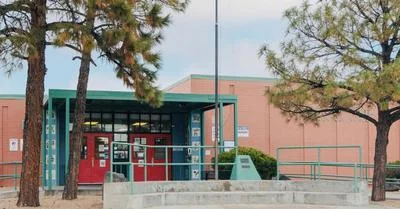The University of New Mexico (UNM) has announced the launch of the Quantum Photonics and Quantum Technology (QPAQT) graduate program. The program, funded by a $3 million grant from the National Science Foundation (NSF), is part of the NRT-QL, Quantum Photonics Interdisciplinary Training to Advance Quantum Technologies, initiative.
According to a press release by UNM, the QPAQT graduate program is slated to begin in 2024, with core coursework commencing in the fall of 2025. The program's objective is to equip students with a solid academic foundation. It underscores interdisciplinary training at the crossroads of physics, chemistry, and engineering, preparing students as versatile generalists in quantum technology. The innovative curriculum aims to cultivate leadership skills among graduates, enabling them to contribute significantly to advancing quantum science & technology through research and practical applications in this rapidly evolving field.
Victor Acosta, director of QPAQT, emphasized the importance of this program for students pursuing or intending to pursue a Ph.D. in fields such as chemistry, physics, Optical Science & Engineering (OSE), and Engineering. "It's a way for students...to gather together in a cohort working on diverse topics in quantum photonics and quantum technology," said Acosta. He further explained that QPAQT offers these students a formal platform for collaborative work.
Acosta also highlighted that this type of program is gaining momentum across the country and not just at UNM. "UNM has some specific unique attributes that I think will make this successful," he said. Among these attributes is one of the larger optical sciences and engineering Ph.D. programs which are relatively rare nationwide.
The NSF's role in supporting such initiatives was also underscored. As an autonomous federal agency, NSF champions science and engineering endeavors across all 50 states and U.S territories. According to information available on its official webpage, NSF primarily fulfills its mission through grants, significantly contributing to federal support for basic research at American colleges and universities.









